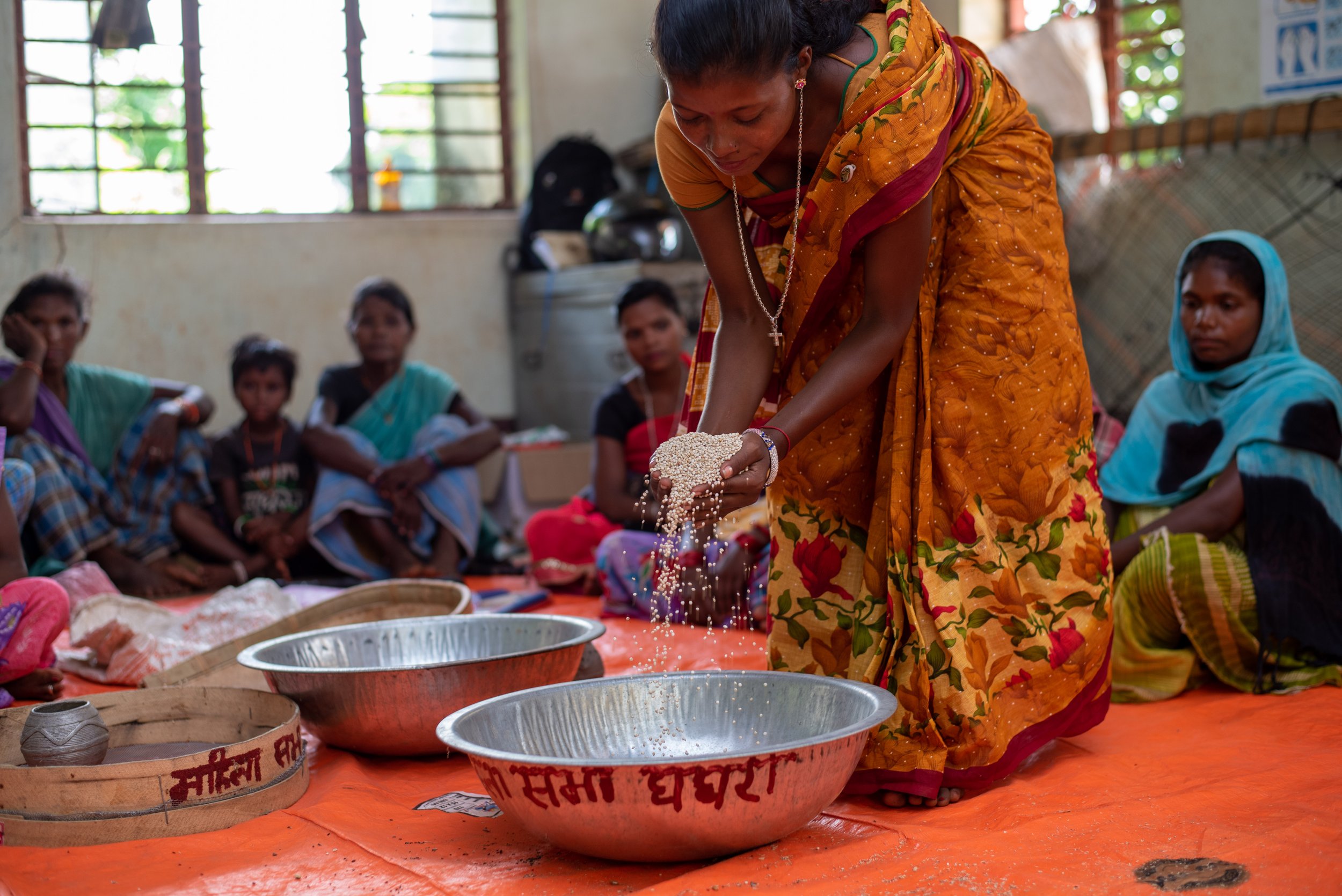We need to talk about seeds.
The UK’s trade deals with the rest of the world are hiding a scandal.
One that can ultimately mean fines or imprisonment for smallholder farmers if they save, swap or sell some seeds on their own land.
It’s another example of trade working against the people who grow the majority of the world’s food - and it’s all down to an obscure international agreement called The International Union for the Protection of New Varieties of Plants 1991 - or UPOV91.
How trade deals weaponise UPOV91
-

A trade deal is struck
Countries are either required or encouraged to comply with seed laws through chapters in the deal. As it stands, UPOV91 is present in 19 of the UK’s post-Brexit trade deals with a total of 68 countries involved.
-

New laws come in
Once the deal is signed, UPOV91 is now enforceable - with many countries having to pass new laws to prevent the unauthorised sale, swapping or storing of privatised seeds.
-

Farmers' seeds are privatised
Farmers are now restricted in the seeds they can exchange and save - and this has a knock on effect in terms of their livelihoods - as it can mean farmers having to re-buy expensive seeds every year.
The UK’s trade deals push UPOV91 onto countries around the world.
UPOV91 threatens the way farmers have exchanged and saved seeds for generations - by letting large multinationals privatise seeds.
We’re building a movement to #StopUPOV and take it out of all UK trade deals.
Are you in?
Saving seeds is a human right.
It’s time to protect it
Four reasons why farmers should manage their own seed systems.
When farmers are able to save their seeds, they no longer need to buy seeds at an inflated price every year - saving them a lot of money
Exchanging seeds locally provides an incentive for farmers to come together and share knowledge and resources
Where seeds are stored in seed banks and distributed to farmers in the area, extra livelihoods are created for those working in seed banks
Seeds are also kept safe and secure from parasites and disease - meaning communities that manage their own seeds are more resilient
Read the report.
Click below to download Farmers, food and freedom, our report into how UPOV91 trade deals are undermining farmers’ rights worldwide - and how we can change this system for the better.





